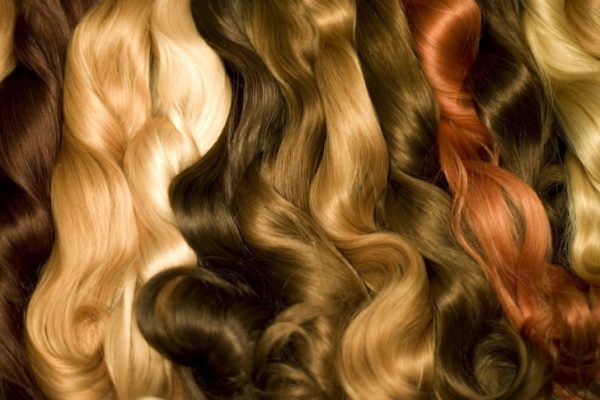Hair extensions- beauty or vanity?
Depends on how you look at it. Or doesn’t it?
Your opinion doesn’t really matter in the end. Hair is big business, and there’s a lot of money to be made. Because hundreds of millions of women the world over are willing to change their looks as often as possible. They want to look good; or sometimes, they just want to look outrageous, especially with those purple spike masquerade cap things some also include in the vast array of possible head-embellishments. Whether it’s simply beautiful or simply ridiculous, someone smiles to the bank, and that is the crux of it.
The market for dry hair (hair helpings, if you like) in Nigeria has grown rapidly over the past three decades, owing to such factors as a larger youth population (which forms the core of the market for these products) and the rising influence of western ideas of what it means to be beautiful. Saloons are thriving with customers anxious to have a new fix; and where there is a need, there is a business opportunity.
Bruno, who worked in the financial industry for twelve years, happened upon a potentially lucrative market as he walked through a shopping mall in Lagos. There was a need there for a hair salon to cater to the hair needs of the mostly female shoppers. He moved to set up his, and he has been living the “Nigerian hair extension dream” ever since. Today, he attends to customers of all social classes, and shrewdly runs his business model to suit all budgets. He says he makes far more from this business than he did as a worker in the finance industry. A single braid may earn him as much as ₦8,000, and he has customers flocking to his “place” for the add-on strands.
Speaking of variety, a plethora of options exists for women to choose from, depending on what they want or can afford: From synthetic fibre to human, yak and even goat hair (the last item suggests that there’s a good deal of deceitful dealings in the hair extension market- and there is). Prices greatly vary as well, from a few thousand naira, to well over ₦50,000. Singer Muma Gee once boasted that she spends ₦500,000 on a single hair piece made of 11 sets of human hair.
The African dry hair industry is estimated to be worth as much as $6 billion a year. The Nigerian market makes up a large proportion of this and is said to be the fastest growing of the lot. Factories which manufacture synthetic forms of these extensions have sprung up in various parts of the country, and there is a boom in sales, which seems to defy negative economic trends. The penchant for hair fixes in Nigeria is huge, and the growth in this peculiar sector is projected to continue, as the population increases, becomes more youthful, and fad-conscious.


